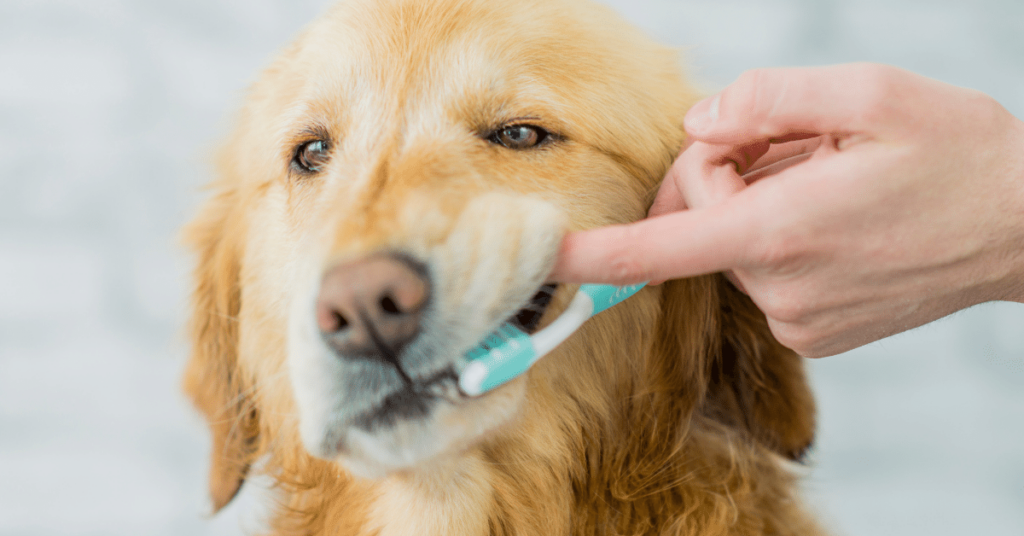Introduction
Bringing home a new pet is an exciting and rewarding experience. However, as a new pet owner, it’s important to be prepared and knowledgeable about proper pet care. This beginner’s guide will provide you with essential tips and guidelines to ensure your pet’s health, well-being, and happiness.
Setting up a Safe Home
One of the first steps in pet care is creating a safe and comfortable environment for your furry friend. Here are a few key considerations:
Pet-proofing your Home
Just like with little children, it’s important to ensure that your home is free from potential hazards for your new pet. Secure electrical cords, remove toxic plants, and safely store cleaning supplies and medications out of reach.
Providing a Suitable Living Space
Different pets have different space requirements. Make sure your pet has enough room to move around comfortably, with access to food, water, toys, and a cozy bed. Research the specific needs of your pet’s breed to understand how to best accommodate them.
Establishing a Routine
Establishing a routine early on is crucial for your pet’s well-being. Make sure to set regular feeding times, exercise periods, and sleep schedules. Consistency will make your pet feel secure and help with training.
Nutrition and Hydration
A balanced and nutritious diet is one of the most important aspects of pet care. Providing your pet with the right food and ensuring they stay hydrated is essential for their overall health.
Feeding Guidelines
Consult with your veterinarian to determine the appropriate type and quantity of food for your pet. Age, breed, size, and any specific dietary requirements should be taken into consideration. Follow their recommendations and avoid overfeeding to prevent obesity and related health issues.
Hydration Matters
Ensure your pet always has access to fresh, clean water. Change the water regularly, and in the case of certain pets like cats, consider using a water fountain to encourage hydration. Dehydration can lead to serious health problems, so pay attention to their water intake.
Regular Vet Check-ups
Regular veterinary check-ups are essential to keep your pet healthy and catch any potential health issues early on. Establish a relationship with a trusted veterinarian who will guide you in preventive care and address any concerns you may have.
Vaccinations and Preventive Medications
Stay up-to-date with your pet’s vaccinations and preventive medications based on their age and specific needs. Vaccinations protect them from various diseases, while preventive medications like flea and tick treatments help safeguard their overall well-being.
Dental Health
Just like humans, pets require dental care too. Regular teeth brushing, dental treats, and professional cleanings can help prevent dental diseases and maintain their oral health. Ask your vet for guidance on maintaining your pet’s dental hygiene.
Exercise and Mental Stimulation
Physical activity and mental stimulation play vital roles in your pet’s overall well-being. Engaging your pet in regular exercise and providing mental challenges can keep them happy and prevent behavioral issues.
Daily Exercise Routine
Different pets have different exercise requirements. Dogs, for example, need regular walks and playtime, while cats benefit from interactive toys and scratching posts. Understand your pet’s needs and establish a daily exercise routine that suits their energy levels.
Mental Stimulation
To keep your pet mentally sharp and engaged, provide them with interactive toys, puzzles, and treat-dispensing games. Training sessions can also stimulate their minds and strengthen the bond between you and your pet.
Socialization and Training
Proper socialization and training are crucial for your pet to become a well-adjusted and obedient companion. Start early and be consistent in your approach.
Introduce your Pet to Different Environments
Expose your pet to various environments, people, and animals from a young age. This will help them become comfortable and confident in new situations, reducing anxiety and fearfulness.
Basic Obedience Training
Teach your pet basic commands such as sit, stay, come, and down. Positive reinforcement, like treats and praise, is a highly effective method for training. Consider enrolling in obedience classes to enhance your pet’s training and socialization skills.
Addressing Behavioral Issues
If your pet displays behavioral issues, consult with a professional trainer or animal behaviorist. They can help you identify the underlying cause and provide guidance on how to modify the behavior effectively.
Conclusion
Caring for a pet is a responsibility that requires love, patience, and knowledge. By following the essential tips outlined in this beginner’s guide, you’ll be equipped to provide your new pet with the care and attention they need. Remember, a well-cared-for pet is a happy pet, and the bond you create will be rewarding for both of you.







